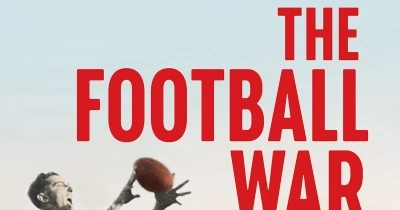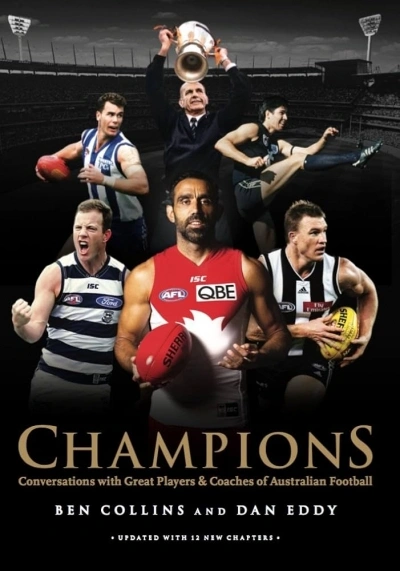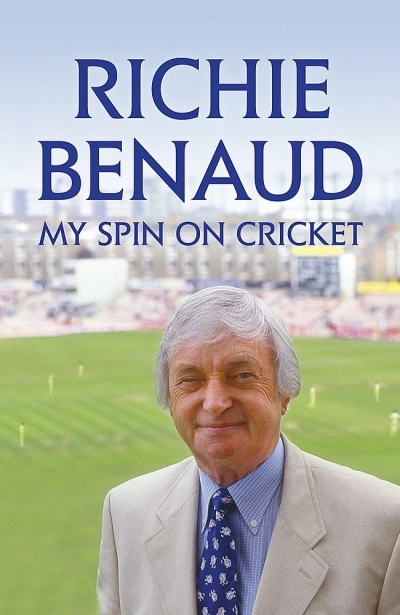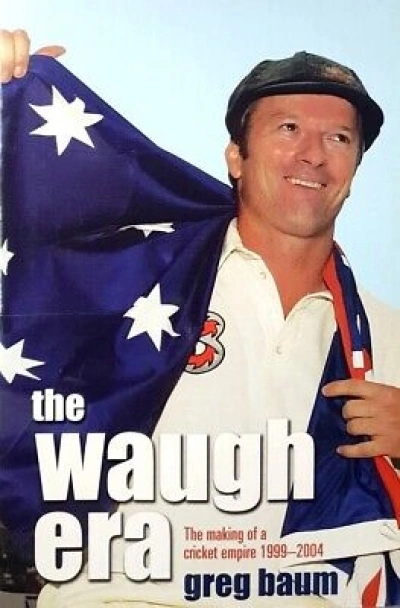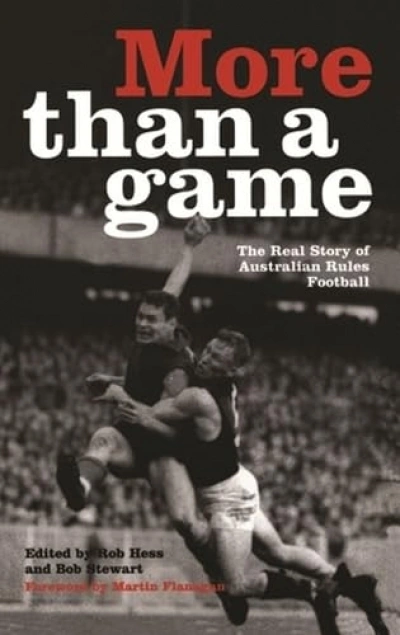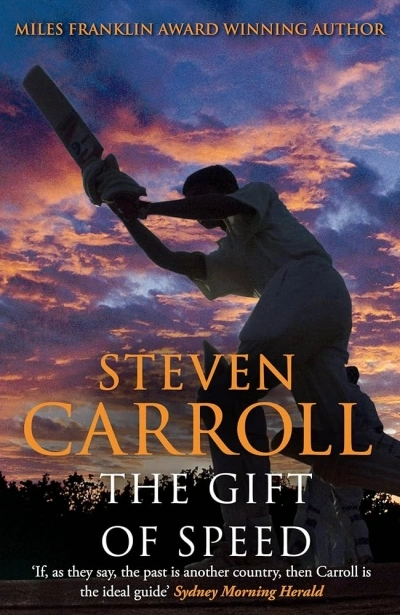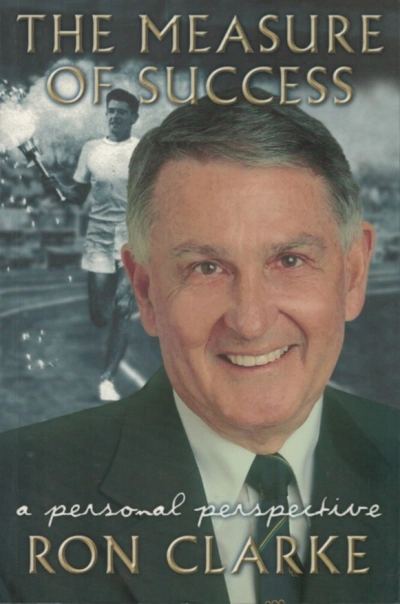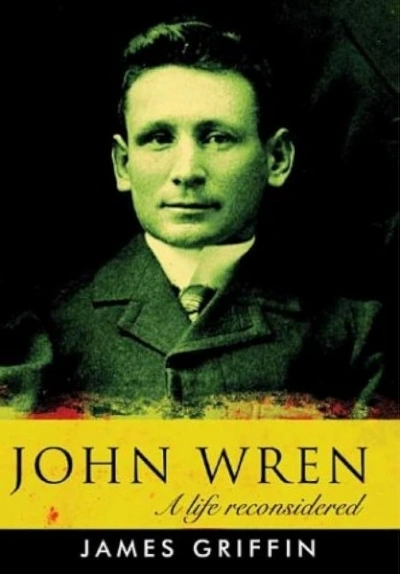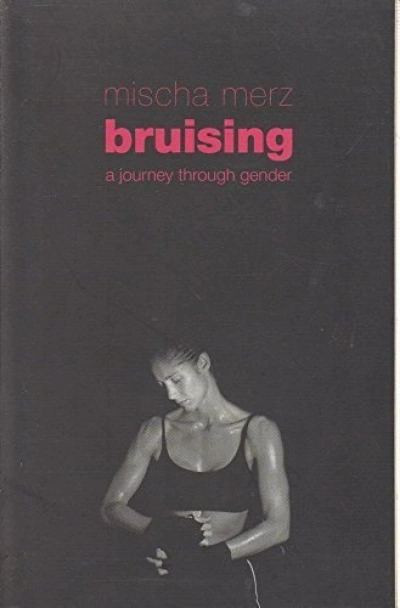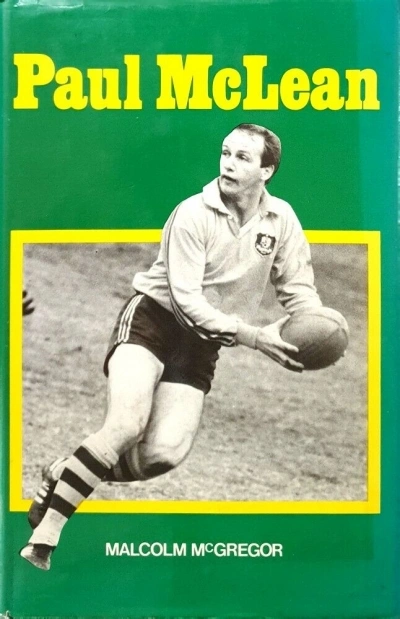Sports
The Football War: The VFA and VFL’s battle for supremacy by Xavier Fowler
by Michael Roberts •
The Champions: Conversations with great players and coaches of Australian football by Ben Collins
by Dan Toner •
My Spin On Cricket by Richie Benaud & Out Of My Comfort Zone by Steve Waugh
by Brian Matthews •
More Than a Game: The real story of the Australian Rules Football edited by Rob Hess and Bob Stewart
by Christopher Bantick •
The Measure of Success by Ron Clarke & Cathy by Cathy Freeman (with Scott Gullan)
by Bill Murray •


